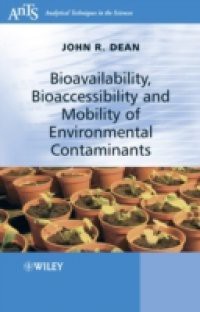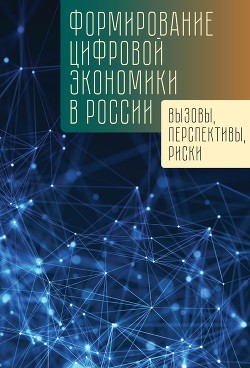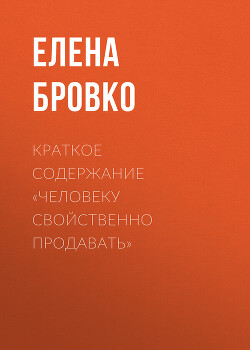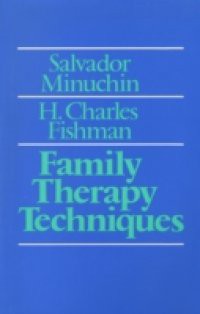This book covers all aspects of bioavailability, as related to environmental contaminants. After a discussion of the definition of bioavailability and its context, focus is placed on the role of risk assessment and bioavailability. Methods of analysis are then discussed including a range of atomic spectroscopic and electrochemical techniques for metal analysis and chromatographic approaches for persistent organic pollutants (POPs). The occurrence, properties and eco-toxicity of POPs and metals in the soil/sediment environment are discussed. Particular emphasis is placed on the uptake of POPs and metals by plants (phytoextraction). Examples of POPs and metals in the environment are reviewed. Methods to assess the bioavailability of POPs and metals in the environment are discussed. The particular approaches considered are: non-exhaustive extraction techniques single extraction techniques sequential extraction techniques use of cyclodextrin and surfactants in-vitro gastrointestinal methods including physiological-based extraction test the use of bioasssays including earthworms. Finally, selected case studies highlight the importance of determining the bioavailability of POPs and metals.


















